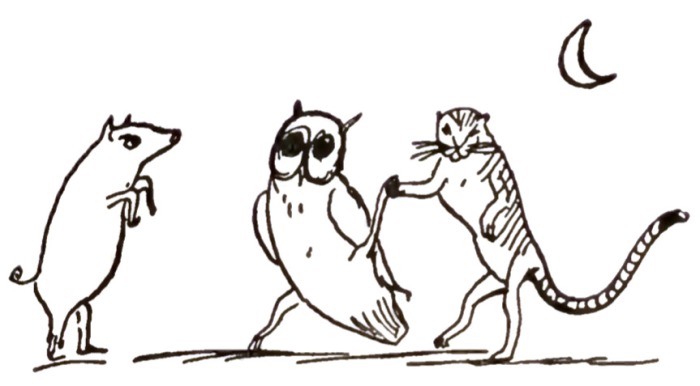Pun is a play on words. Sometimes pun is fun. Sometimes it is risqué. Some times it has dirty meaning. It is considered to be a sign of wit. A mastery of puns is admirable. Is the person who makes a pun called a punner? And sin of making bad puns called punnery? It makes meaning not literal. It adds a layer of meaning to the words, which goes beyond the literal meaning. But why would anyone want that? If the author wants to convey some other meaning why not write that but go about it in a circuitous way? Not everyone can make sense of puns. Perhaps some puns are too clever for anyone to understand! Maybe all sentences are pun but they are beyond our cognitive capacities to understand them. Sometimes the pun goes unnoticed or sometimes it is feared that one might be construed when there is none. Then people say “Pun intended” or “Pun unintended?!” Intending a pun is easy but how does one not intend a pun? At what cognitive stage do humans start to understand and appreciate puns? Are puns present in all languages? But nonetheless there are bad puns and good puns and then there are dead puns.
When puns are killed, the resultant ceremony in its memory is a puneral. So a puneral is a funeral for puns. Sometimes puns are so bad that it is like murdering them in broad daylight. What are some examples? But is daylight always broad? I should say narrow night light? Or in medium twilight? Is light always needed for murder? How about a no light murder? Would it be heavy then?
News about murdering raisins is in the current affairs section of the paper.
Is this a bad pun? Does it qualify for a puneral?
But anyways. Puneral is the word to describe that event which is the procession for mourning the abuse of puns. It is just me coining new terms with some meaning and/or just writing some nonsense. Earlier I had coined cigol. Go fetch the meaning.

A Puneral Procession? – Owl and Pussycat by Edward Lear
But how would such a procession would look like? Can we at all visualise a puneral? Or it is an abstracted out event coming from nowhere and going to nowhere? Of no fixed address they say. But does a pun have an address? Is a pun always addressed to someone? Can a pun be self-reliant and self-referential? What if a pun commits a suicide? Or it commits a harakiri because it is ashamed at the sheer cheesiness of itself? What do grammar nazis feel about punerals? What about astute english professors? Sorry didn’t Capitalise the “E” in english? Was it intentional non-capitalisation? Does everything have intent? Is every stance intentional? Or is there random blabbering? (some might say just like this post! Is this a self referential sentence?) What can be other meanings of puneral? PUNE Roadways And Logistics? Keep guessing. Or is it PUNE feRAL for feral things in Pune?
Well, who knows about such things?

